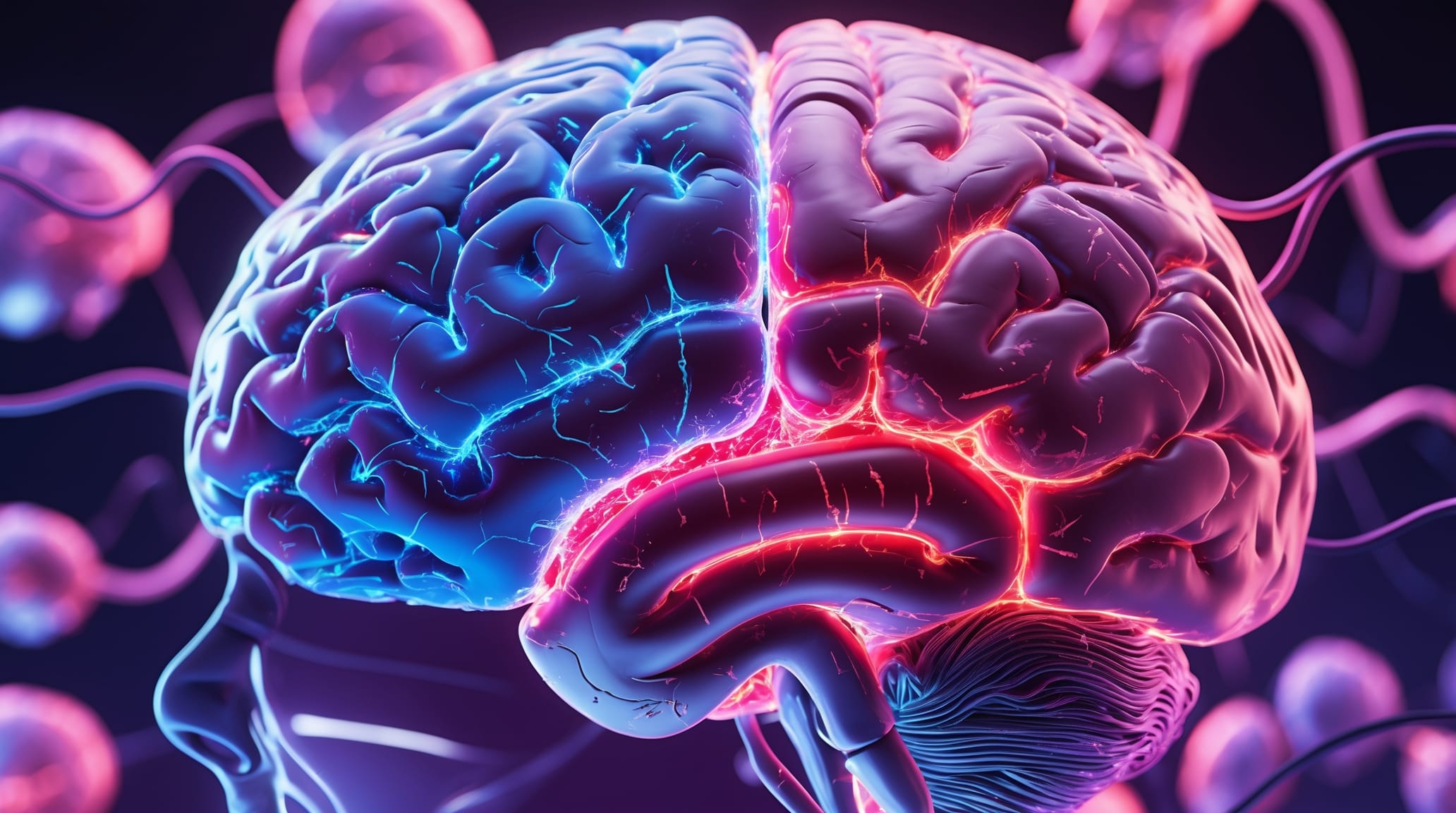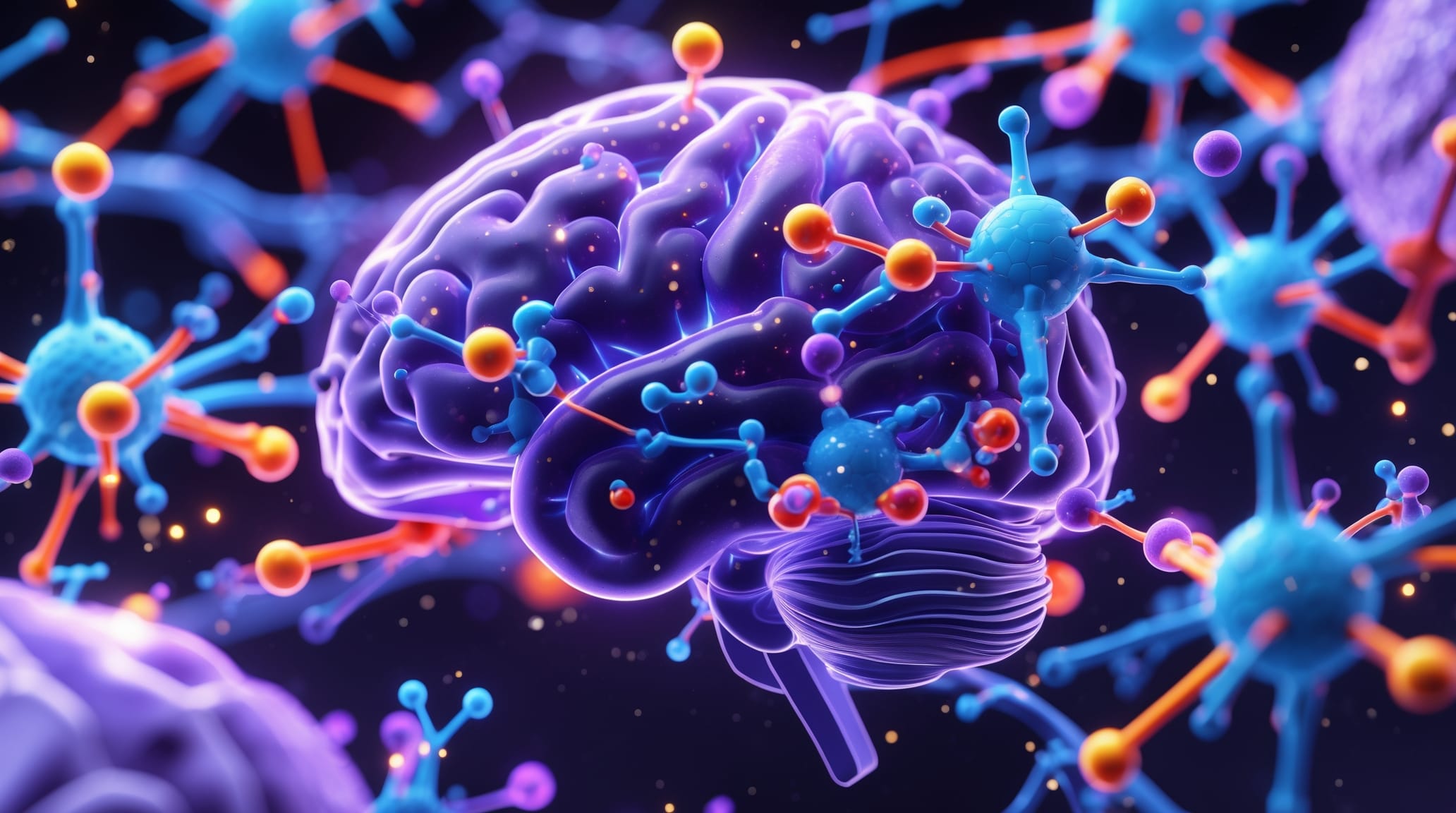Why Poor Sleep Makes Shame and Anxiety Worse for Women 40+

How Poor Sleep Makes Shame and Anxiety Worse: The Hidden Brain Connection
Specialized in Neurophysiology, Neuroimmunology, Neuropharmacology

Why everything feels bigger after poor sleep
The brain connection
Sleep supports emotion regulation, memory integration, and perspective taking. When sleep is disrupted, executive control weakens and limbic reactivity rises, making everyday stressors feel amplified.

What one bad night does to your emotional brain
Your executive “brake” runs low
The prefrontal cortex normally helps you contextualize awkward moments or criticism. With insufficient sleep, that control drops while emotional circuits are more reactive.

How it shows up
Well-rested: “Tough feedback, but useful.”
Sleep-deprived: “I failed. Everyone sees it.”
Threat detection gets jumpy
After poor sleep, ambiguous social cues are more likely to be read as negative, which can trigger shame and anxiety loops.


The inflammation bridge: why emotions feel sharper
Sleep disturbance is associated with elevated inflammatory markers (such as CRP and IL-6). Inflammation can influence brain networks involved in mood and threat appraisal, which helps explain why emotional pain can feel more intense after poor sleep.
Cytokine amplification
Short sleep can increase inflammatory tone; calming that signal with consistent sleep, light timing, movement, and nutrition may reduce emotional intensity.

Five ways sleep loss amplifies emotional struggle
- Hot memories: Less emotional downscaling keeps past embarrassments “live.”
- Stress hormone drift: Cortisol rhythm becomes less stable, fueling wired-but-tired nights.
- Neurotransmitter shifts: Changes in serotonin, dopamine, and GABA reduce natural calm and motivation.
- Social misreads: Ambiguous cues skew negative, increasing shame and anxiety.
- Slower recovery: Episodes last longer when regulation is depleted.

The vicious cycle
Poor sleep → Inflammation & reactivity → Shame/anxiety → Rumination → Disrupted sleep

Break the cycle with a sleep-first approach
Improving sleep quality often shortens rumination loops and lowers emotional intensity, making CBT-I or therapy skills more effective.
Anchor your clock: Fixed rise time daily; morning light if you trend late; avoid late-night bright light if you wake too early.
Darkness discipline: Dim, warm light for 2–3 hours pre-bed; blackout at night.
Evening wind-down: 30–45 minutes of low-stimulation routines such as journaling, progressive muscle relaxation, or paced breathing.
Inflammation aware: Movement most days; balanced meals; limit late caffeine and alcohol.

Ready to break the sleep–emotion amplification cycle?
Choose your starting point and create positive cascades.
Luna — Sleep Coach Saela — Shame Coach Integrated Support Bundle